Director of Research
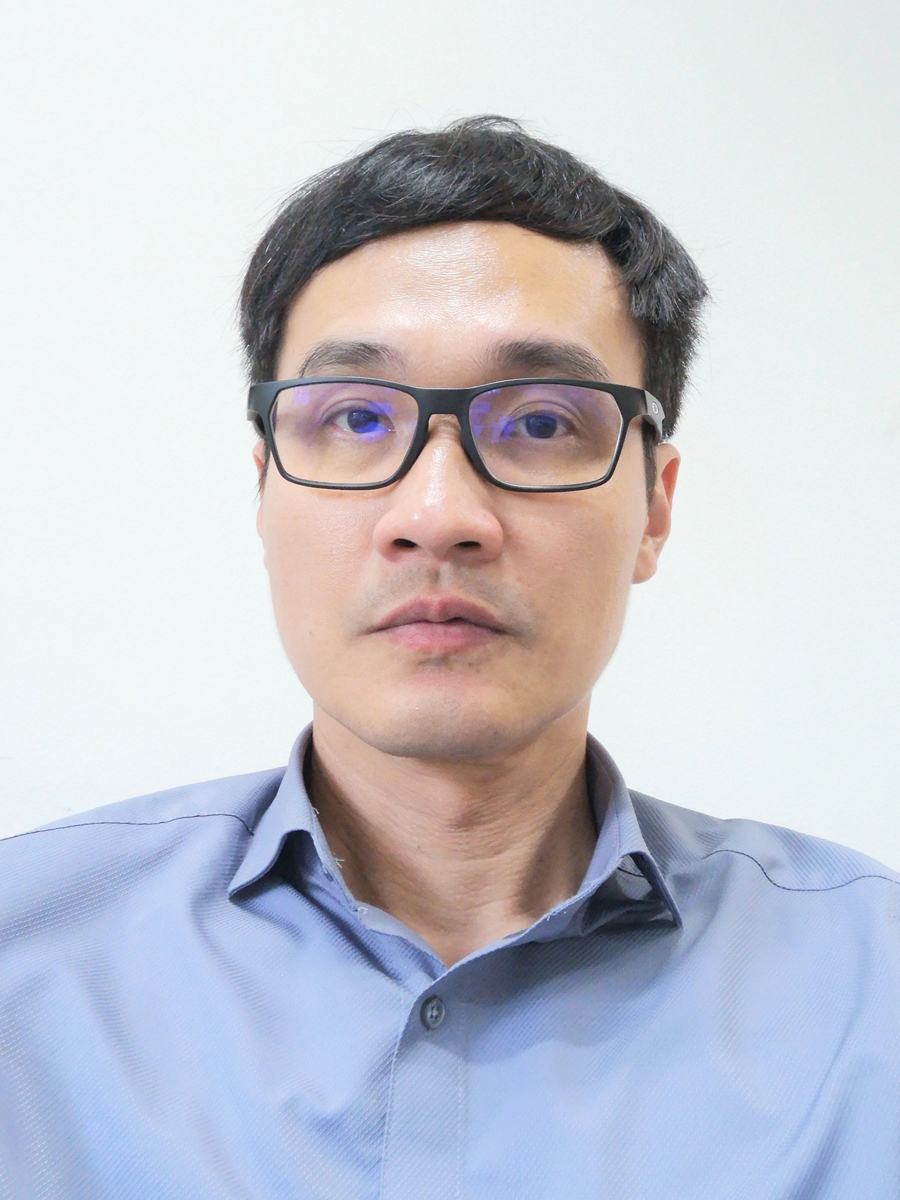
Director of Research
He obtained his PhD in Southeast Asia Studies from National University of Singapore. His main research interests are about cyber politics, religious modernity and contemporary Malaysian politics. He was formerly an academician in private higher education institutions. He has published two books and several academic journal articles. His first book was published by the Penerbit UKM on the dynamics of cyberspace during the Reformasi Movement, Dinamik Ruang Siber dalam Gerakan Reformasi di Malaysia in Malay language. His second book Buddhist Revitalization and Chinese Religions in Malaysia was published by the Amsterdam University Press. He also writes opinion pieces for local media on politics, culture and media in Malaysia.
Socioeconomics & Statistics Programme
Relying heavily on quantitative data, we identify and analyse the qualitative consequences of the many changes visited on a society that is as diverse and open as Penang’s has been, and is. We focus on assessing economic development, gender and income inequalities, industry development and the supply and demand of human capital.
Who are the team members?
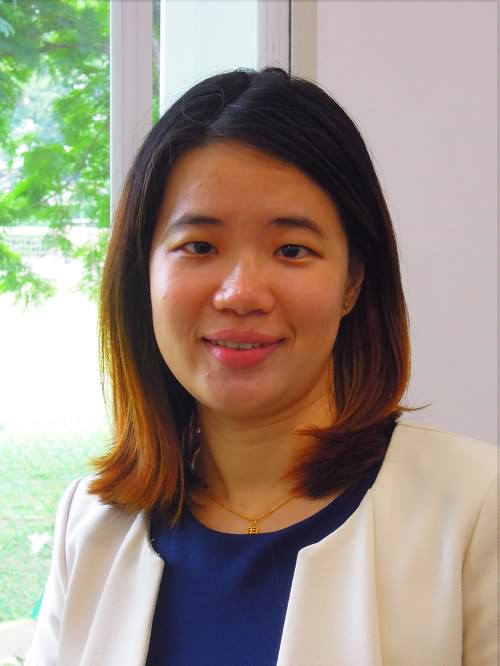
Head
She holds two master’s degrees in Social Sciences (Economics) from the University Sains Malaysia (USM) and the National University of Singapore (NUS). She has a double major degree in her bachelor’s degree in Mathematics and Economics from USM. She has accumulated 11 years of experience in research, project management and policy consultation. She is now heading the Socioeconomics and Statistics Programme of Penang Institute. Her recent studies are primarily in the areas of economic development, labour market analysis, and education economics. Wooi Leng was the Chief Researcher for the Penang state biennial report entitled Penang Economic and Development Report, published by Penang Institute for 2016, 2018 and 2020. She has also reviewed a book written by Sultan Nazrin Shah on Charting the Economy: Early 20th Century Malaya and Contemporary Malaysian Contrasts published in the Journal of the Malaysian Branch of the Royal Asiatic Society (June 2020). One of her recent publications is The Future of Jobs and Education: The Role of STEM Uptake and Employability in Penang published by Konrad-Adenauer-Stiftung Japan (2021).
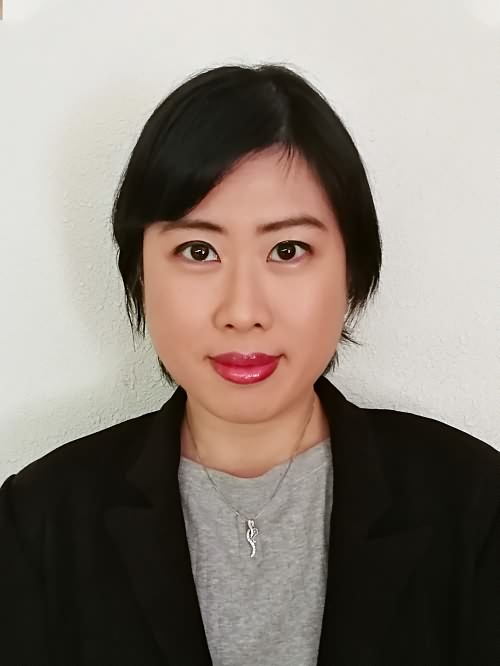
Senior Analyst
She holds a Masters in Business from Swinburne University of Technology and a double degree in Arts (Psychology & Political Science) and Commerce (Economics) from University of Melbourne. Her main research work includes gender equality, minority marginalization and socio-economic issues in youth development. Other research interests include the Malaysia NEP, affirmative action in a welfare state, and the politics of international trade.
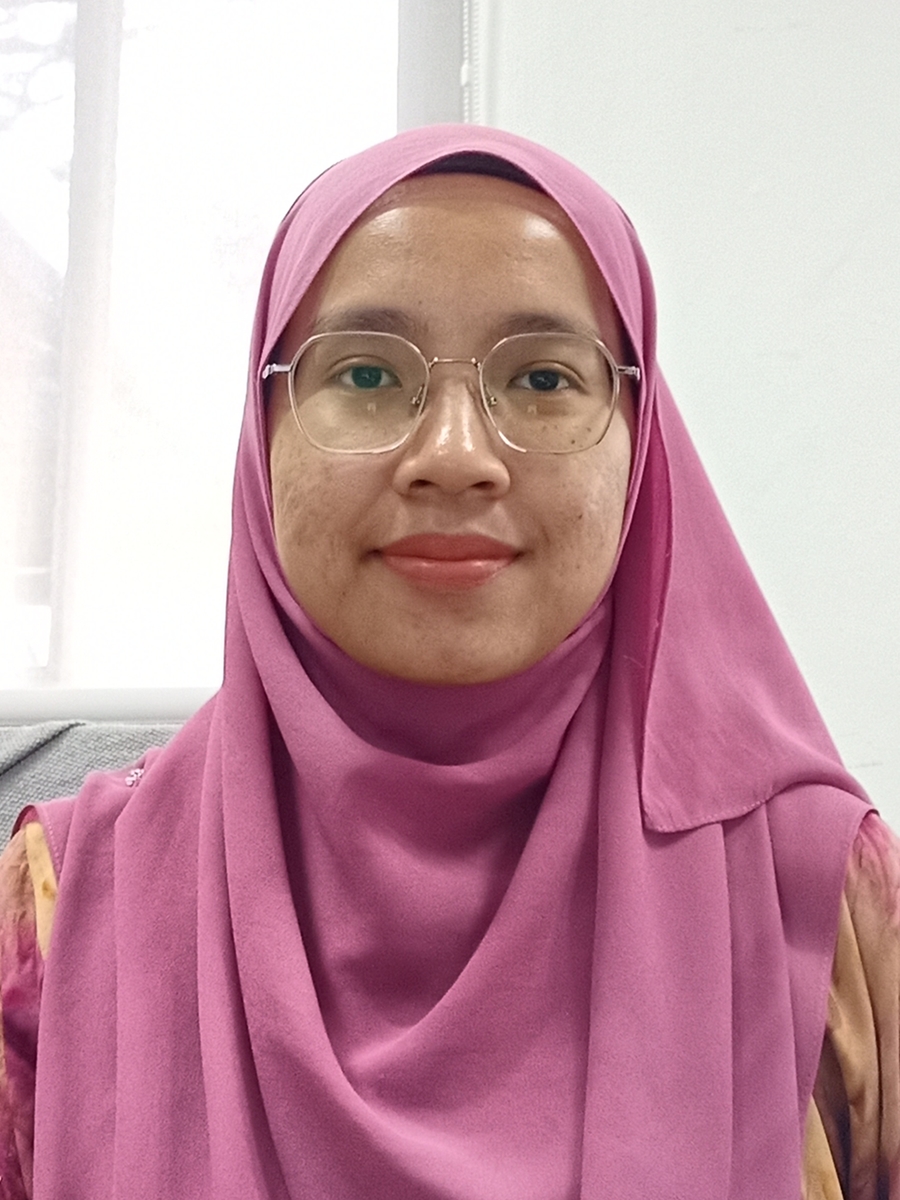
Statistician
Hajar holds both a Bachelor of Science (Hons.) in Industrial Statistics and a Master’s degree from Universiti Tun Hussein Onn Malaysia (UTHM). During her master’s studies, she worked on an operational research project aimed at improving the queuing system at one of the hospital in Southern Peninsular Malaysia. She also gained professional experience in the government sector, where she was involved in the analysis and publication of Quarterly Employment Statistics. Her interest lies in applying suitable operational research to real-world challenges, with the goal of enhancing community well-being.
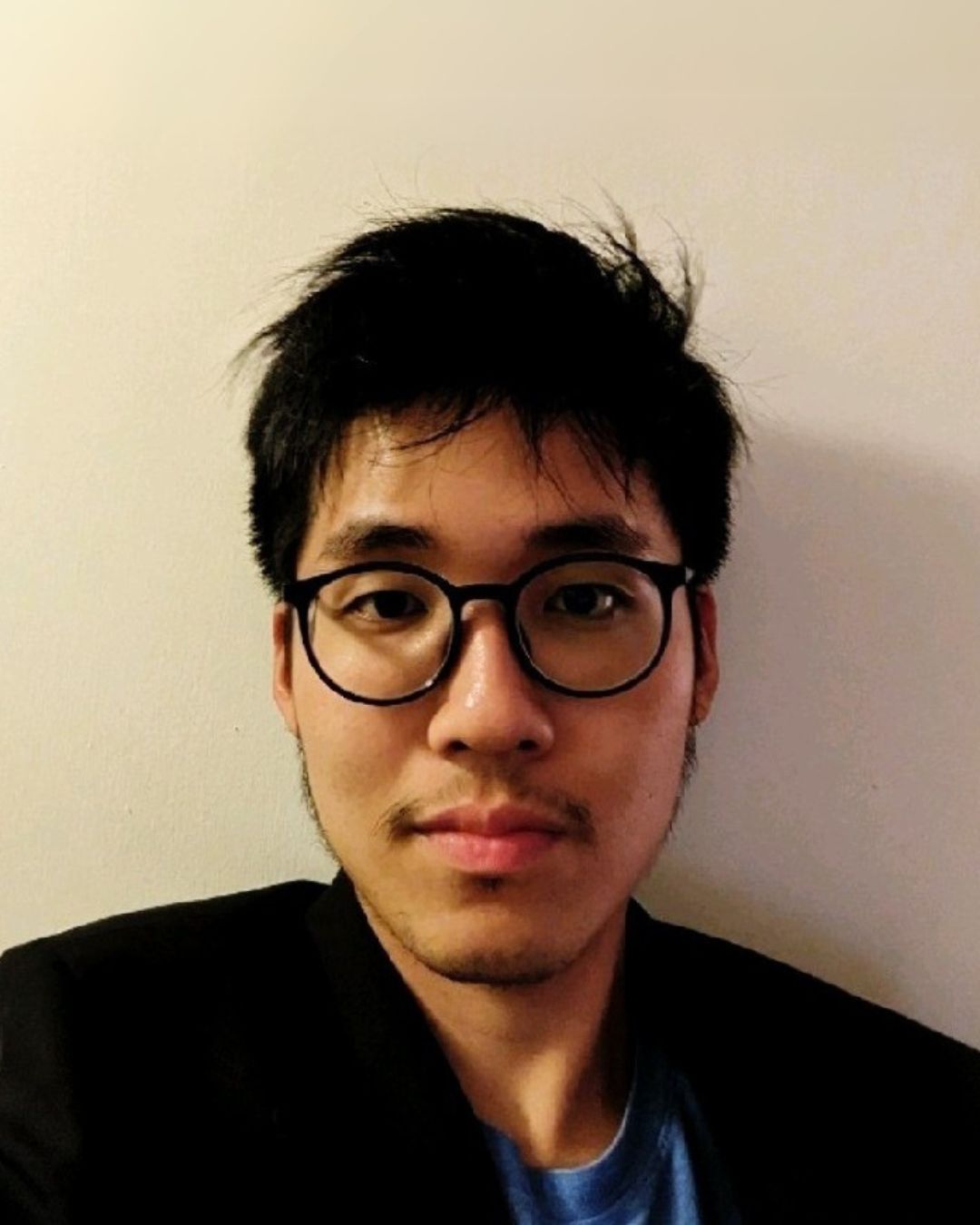
Project Researcher
Kenneth holds a Bachelor of Science in Business Administration, Economics from the University of Louisiana at Lafayette, and a Master of Science in Applied Economics from the University of Maryland, College Park. He developed a career interest in research during his internship at a policy think tank in Washington D.C., US. During this time, he also published an article, ‘China’s Defiant Chip Strategy,’ which explored the geopolitical significance of China’s semiconductor industry. His research interests lie in the dynamics of international trade, geopolitics, and technological innovation, as well as movements in the financial market.
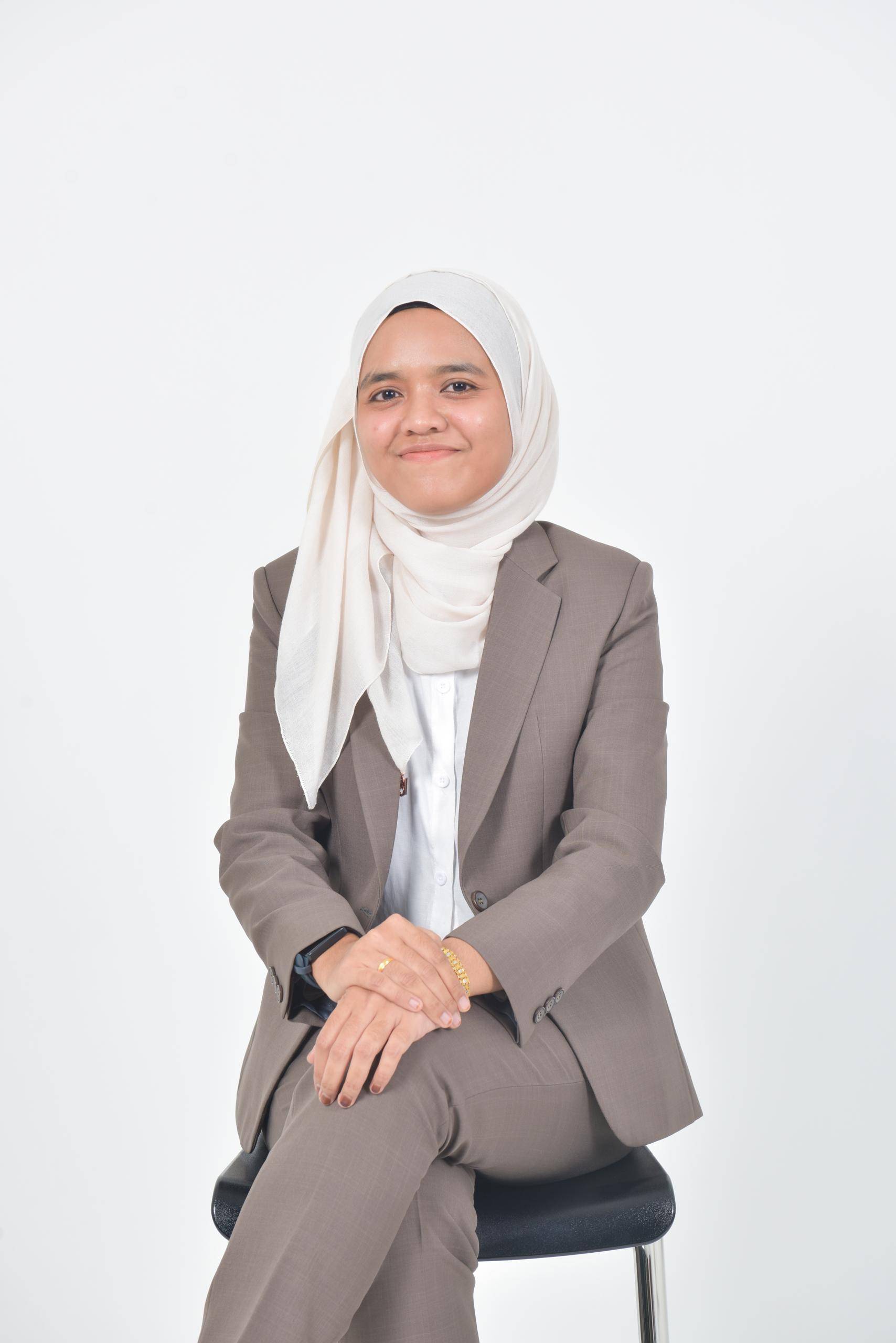
Project Researcher
Nadhirah is a Project Researcher at Penang Institute. She holds a Master of Science (Economics) from Universiti Putra Malaysia (UPM). Her research focuses on education economics, labor market transformation, and human capital development, with a particular interest in how policy interventions can strengthen workforce readiness and socio-economic resilience. She has worked on projects examining the rise of artificial intelligence and its impact on jobs, sectoral economic performance in Penang, and strategies for future workforce development. Other research interests include public policy evaluation, education-to-employment pathways, and the intersection of technology and labor markets. Combining data-driven analysis with policy insights, she is committed to producing evidence-based recommendations that contribute to Malaysia’s long-term economic growth.
History & Regional Studies Programme
Penang’s impressive growth as a cultural and economic hub was fuelled by free trade. This regionality and globality came to define the character of this “Pearl of the Orient”, and its reputation is built on this history of entrepreneurship. As on of the region’s earliest modern cities, it exerted great influence over its immediate surroundings. We continue to study with great interest the dynamics of regional politics today, alongside how governance in Malaysia responds to world events.
Who are the team members?
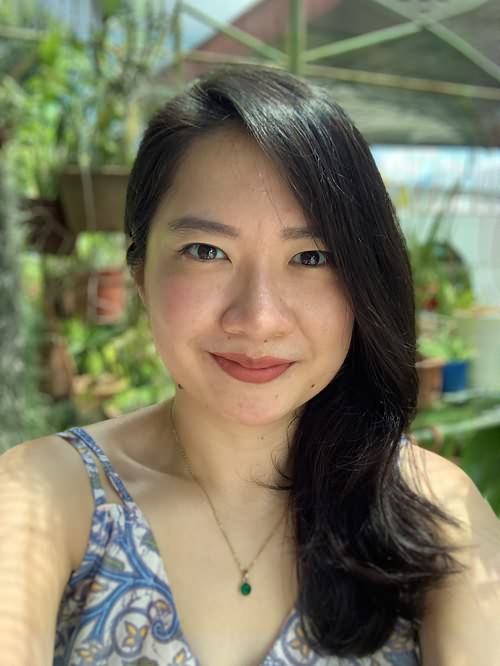
Senior Analyst
Dr Beh May Ting holds an MSocSc in Asian Studies from Universiti Sains Malaysia (where she graduated as the Gold Medalist of the faculty during her BSocSc) and a PhD in Anthropology from Monash University. She specialises in Urban Anthropology, Food Studies, and Cultural Geography. Prior to joining Penang Institute, she was a Lecturer with the School of Arts and Social Sciences in Monash University Malaysia. During her doctoral studies, she was a Graduate Research Fellow with the Asia Research Institute in the National University of Singapore. Apart from research work, May Ting is a polyglot, athlete, and musician.
mayting.beh@penanginstitute.org
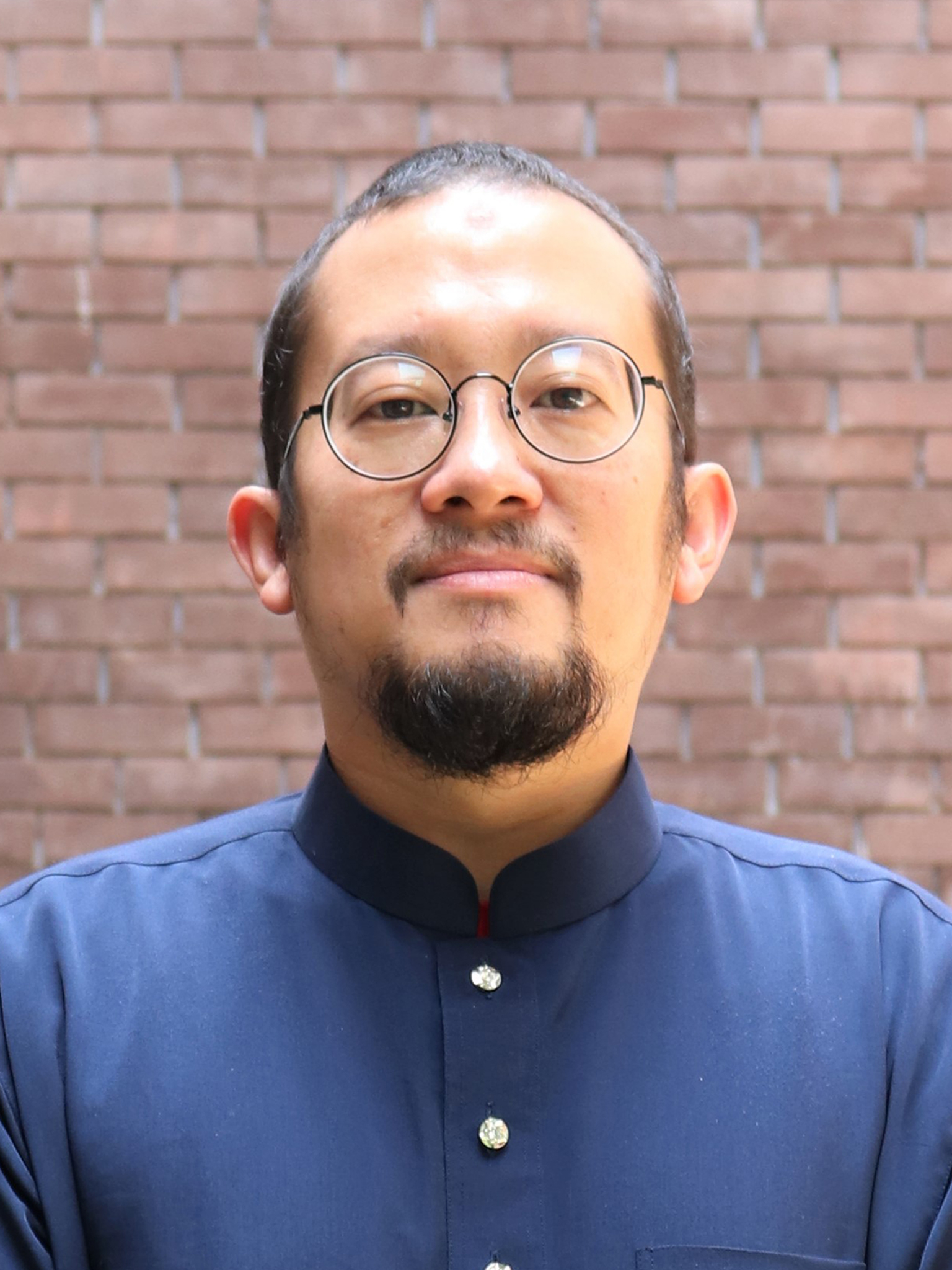
Analyst
Dr. Fauwaz holds a bachelor’s degree in political science and a master’s in Islamic civilizational studies from Universiti Islam Antarabangsa Malaysia (UIAM), and a PhD in Cultural and Social Anthropology from the Friedrich-Alexander-Universität (FAU) Erlangen–Nürnberg, Germany. Prior to the Penang Institute, Dr. Fauwaz was a researcher at FAU’s Institute for Near Eastern and East Asian Languages and Civilizations (2019-2020), a researcher at the Max Planck Institute for Social Anthropology in Halle, Sachsen-Anhalt (2017-2021), and researcher at the Penang-based Third World Network (2012-2017). Dr. Fauwaz has taught in Universiti Malaya in Kuala Lumpur and the Martin Luther University Halle-Wittenberg in Halle-Saale, Germany. His academic, personal, and professional interests are in public policy, political and socio-economy, historical and political anthropology, Islamic studies, ethnicity, inequality and Southeast Asian studies.
fauwaz.abdul.aziz@penanginstitute.org
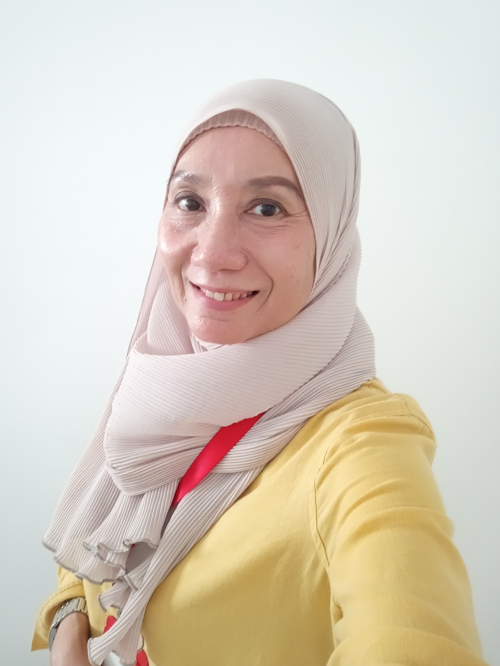
Researcher
Rahida Aini holds a PhD in Public Management from Universiti Utara Malaysia (UUM), where her research examined the relationship between teacher efficacy and teacher delivery effectiveness within Higher Order Thinking Skills (HOTS) training. She has teaching experience in Public Policy, Human Relations, Negotiation Skills, and more. Rahida has also contributed to UUM Press as an editor and author of a book titled, “Cabaran pengurusan disiplin sekolah masa kini”. Additionally, she serves as an Associate Editor on the editorial board of the Journal of Wildlife and Ecology and Assistant Editor of Suara Nadi. Her research interests focus on education management, education policy, and human resource development in the public sector.
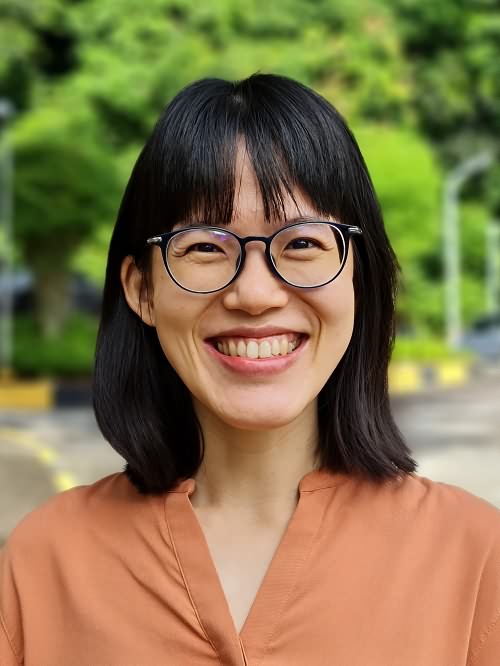
Chief Collections Curator, Penang Studies Research Centre (PSRC) & Analyst
She holds an M.A. in anthropology from Tsing Hua University in Taiwan and is deeply interested in the Clan Jetties of George Town, a UNESCO World Heritage Site. By applying historical and anthropological perspectives, she studies how these communities have adapted to waterfront development. She also explores Penang’s vibrant art scene, which has transformed the city into a creative hub, revitalizing neighborhoods while addressing the challenges faced by the art community.
As the coordinator of the Penang Institute’s Penang Studies Resource Centre, she manages a diverse range of policy research documents and community donations. Additionally, she hosts “A Cup of Tea,” a Mandarin podcast from the Penang Institute, where she and her team delve into local stories and celebrate the richness of community life. Her work has been featured in Penang Monthly, ISSUES, and several academic journals.
